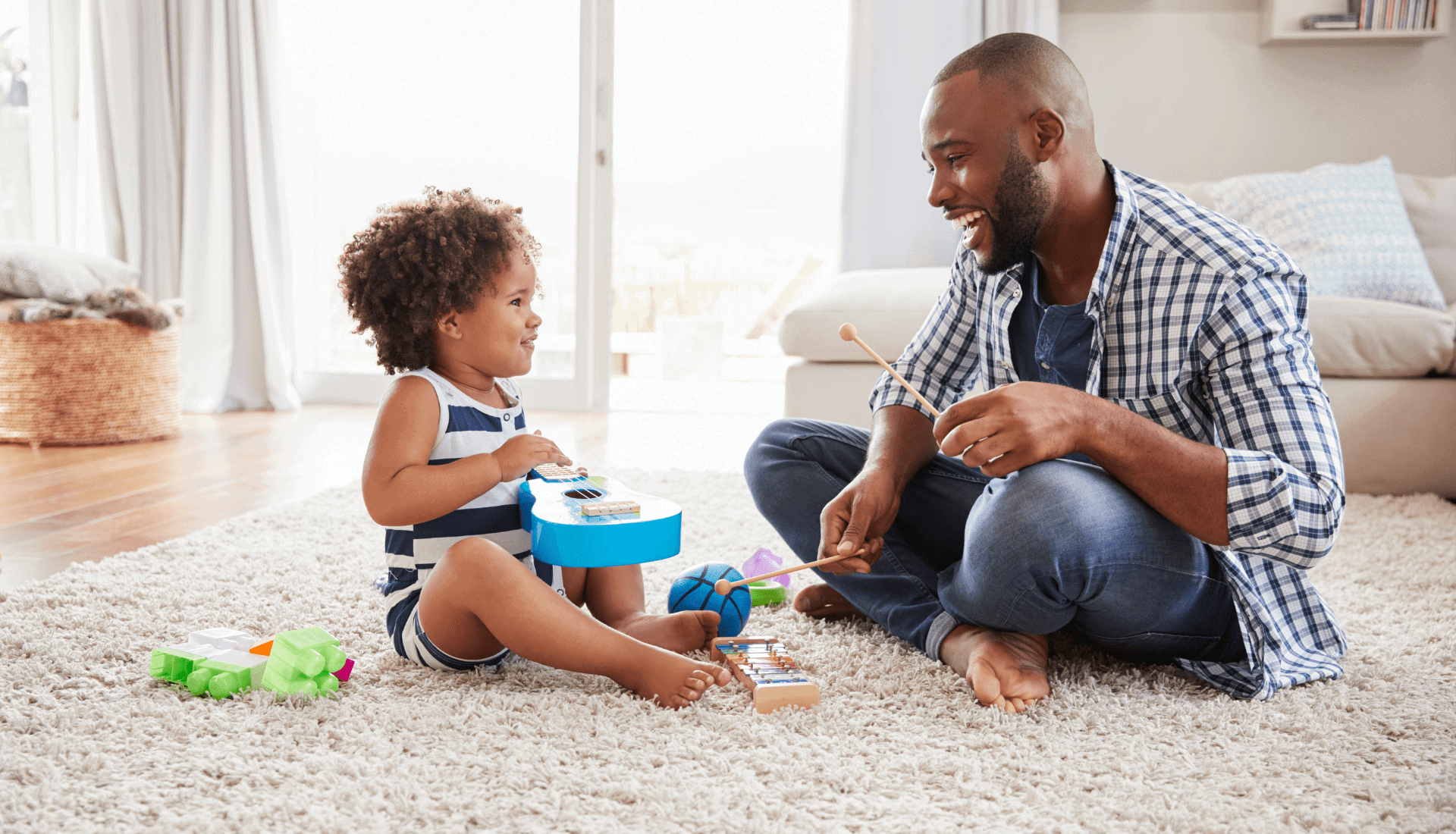
The Benefits of Having an Instrument Filled Home
Have you ever thought about how beautiful of a moment it would be to have your children sitting around a piano while you’re singing away,



Figuring out the right childcare is often overwhelming, particularly if you’re not yet clear on the difference between daycare and preschool. Keep reading to find out the differences between the two and how to decide which form of childcare will be best for you and your family.
Because daycare and preschool programs are both forms of childcare for children not yet of school age, these terms are often used interchangeably. However, there are several key differences. Let’s take a look…
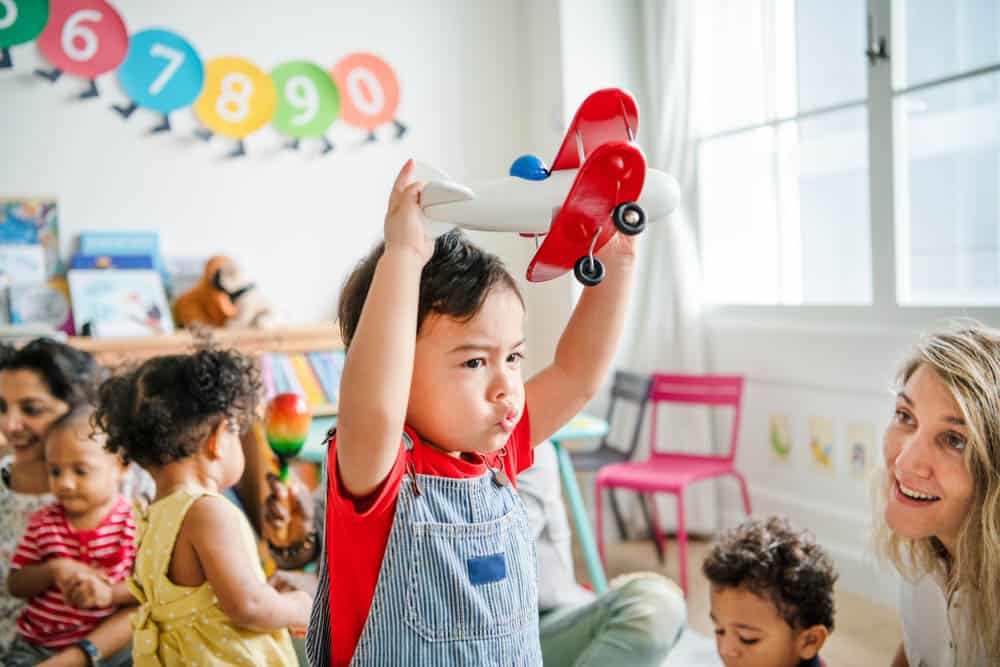
While both forms of daycare aim to provide a safe, secure place for children to spend time away from their primary caregivers, daycare and preschools have different overall goals:
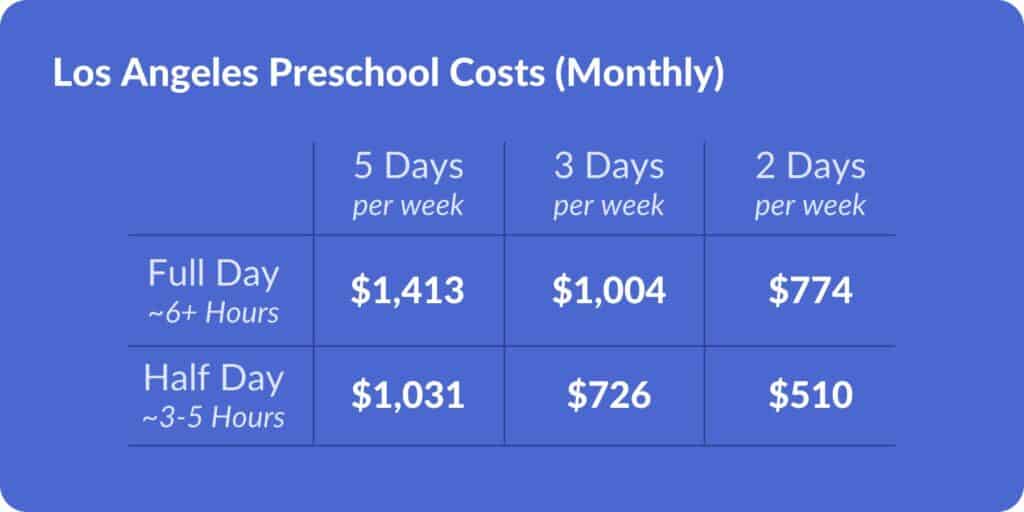
Now you’ve got an overview of some of the differences between daycare and preschool. You may still be wondering how you pick what’s best for you. The best thing to remember is that every family is different. What you want and need for your child may differ from those around you.
Think about your life, your budget, and your educational philosophy, and explore what is available in your area in terms of both daycare and preschool. Plus, don’t forget that daycare isn’t obligatory.
If you enjoy shaping your child’s early experiences and don’t need daycare – it’s fine to skip it. There are plenty of ways to strengthen your child’s natural development and skills through play, groups, and at home.
When your child reaches preschool age, it can be daunting to see your child start to say goodbye to play and hello to early academics. It’s why we’re so passionate about helping children to experience more musical fun in their lives outside of the curriculum.
We’ve partnered with preschools that incorporate music into their preschool program. We believe that music is a powerful tool for learning and development, and we’re thrilled that our music class is available outside of our studio and might be in your local preschool.
Or if you’d like to supplement preschool or daycare with music class, take a look at our baby music classes to see how Minibop Music can bring more musical fun and enrichment to your little one.

Have you ever thought about how beautiful of a moment it would be to have your children sitting around a piano while you’re singing away,
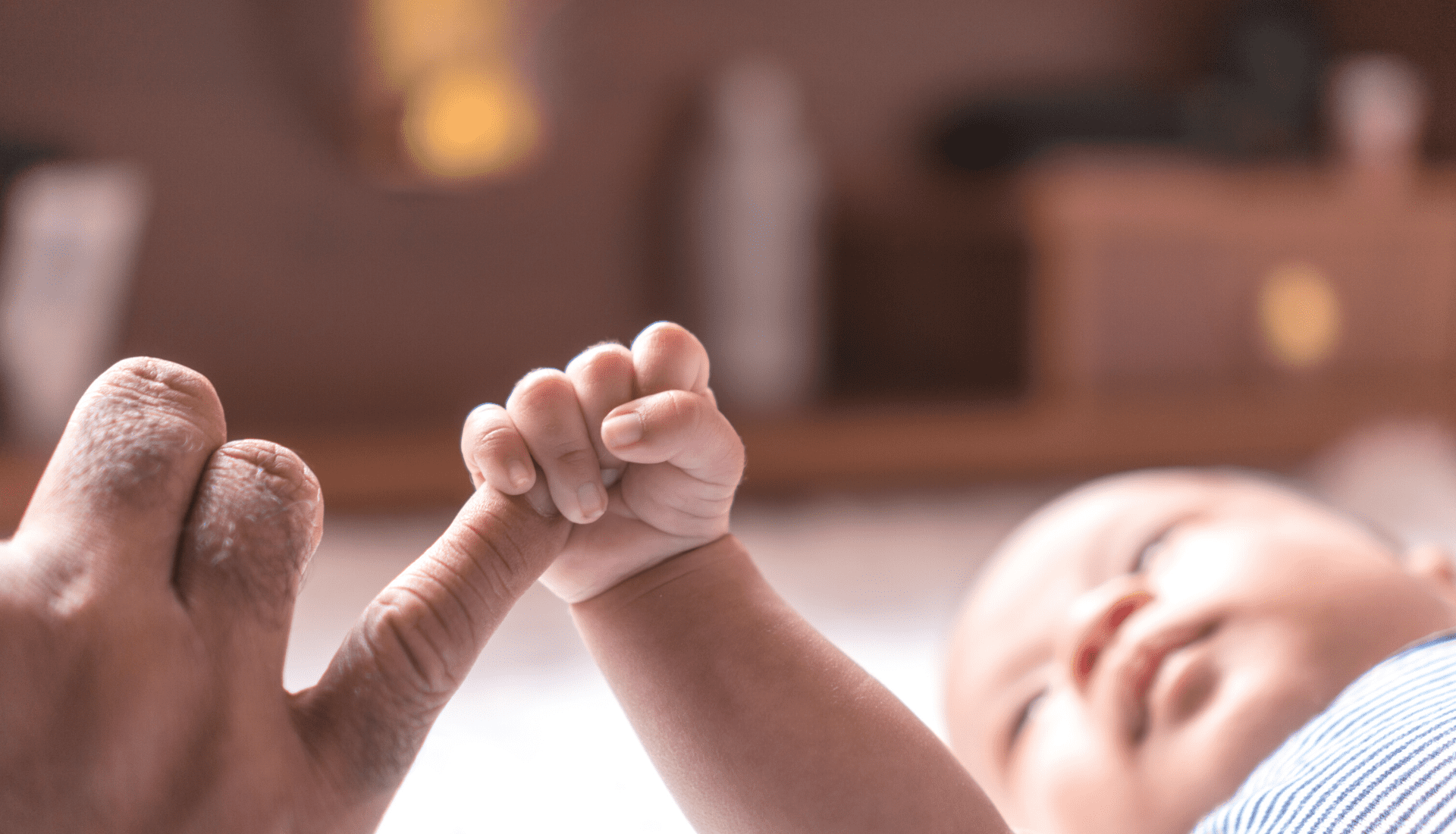
Well, we may as well accept it in the earliest moments that we are able to realize it in – the fact that your lives
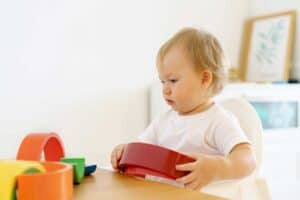
From Babbling to Beethoven: A Parent's Guide to Musical Milestones As a parent, you want to give your child every opportunity to grow and develop..

Join Marsha Smith at NAEYC 2024: Learn How to Harmonize Early Education with Music! We are excited to announce that Marsha Smith, founder and CEO.

We’ve rounded up a list of silly or fun kids’ Halloween events in the Los Angeles area for October 2024. Get ready to pop on.
Early literacy is the foundation for lifelong learning. As a parent guiding your homeschool language arts curriculum, you have a unique opportunity to nurture your.
Join our community of parents and get the latest news, pop-up events and fun activities to try at home.